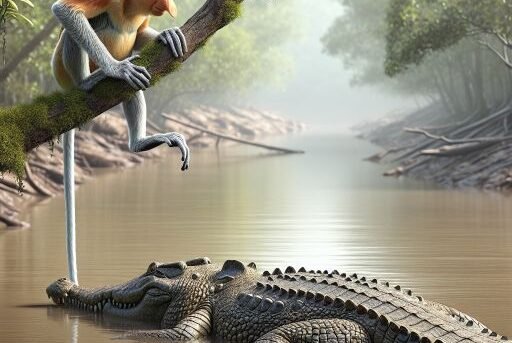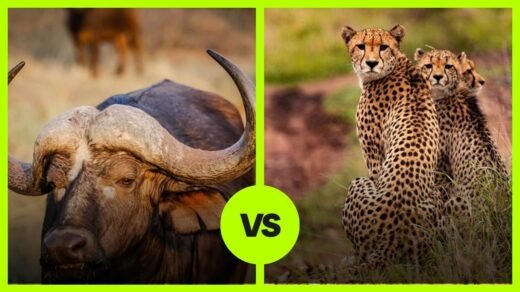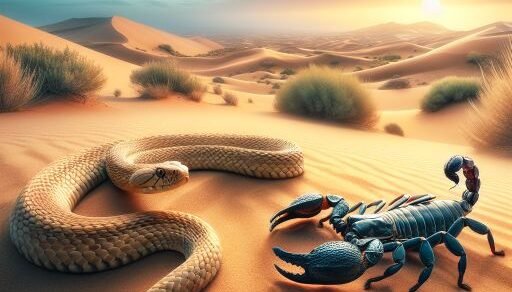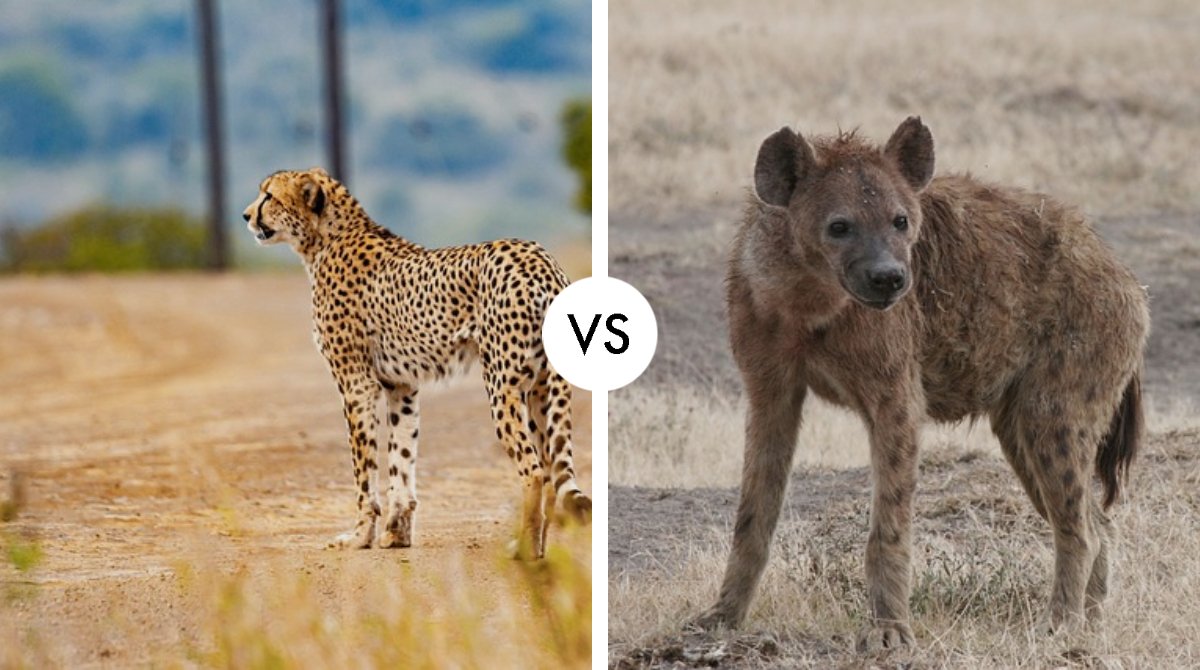Location and Habitat
The proboscis monkey, known for its distinctive large nose, primarily inhabits the mangrove forests, swamps, and riverine forests along the coasts of Borneo. This arboreal primate is adept at swimming, which is crucial for its survival in the watery landscapes it prefers. The proboscis monkey’s habitat is limited to this island, making it endemic to the region and highly dependent on the preservation of these specific ecosystems.
On the other hand, crocodiles are found in a variety of habitats across the world, including freshwater rivers, lakes, wetlands, and sometimes in brackish water. The most widespread species, the saltwater crocodile, can be found in parts of Asia, Australia, and the Pacific islands. These formidable reptiles are highly adaptable and have a broad diet that allows them to thrive in diverse environments, from Africa’s Nile to the marshes of the Americas.
Proboscis Monkey vs. Crocodile Comparison
| Animal | Size and Weight | Ability to Finish Opponent | Weaponry |
|---|---|---|---|
| Proboscis Monkey | Approx. 50-72 cm in height, 16-22 kg in weight | Low; primarily avoids predators | Teeth, strong limbs |
| Crocodile | Varies widely; up to 5-6 meters in length, can weigh up to 1000 kg | High; apex predator with strong attack capabilities | Powerful jaws, sharp teeth, strong tail |
“`
Hunting and Skills
The proboscis monkey, primarily found in the mangrove forests of Borneo, is known for its large, distinctive nose and a diet that mainly consists of leaves, seeds, and unripe fruits. This species is an adept swimmer, which helps it escape from predators like clouded leopards and crocodiles by quickly leaping into the water. The proboscis monkey generally lives in groups, which provides safety in numbers and helps in spotting predators early.
On the other hand, the crocodile, which can be found in a variety of habitats including rivers, lakes, and wetlands across different continents, is an apex predator. It preys on a wide range of animals including fish, birds, mammals, and occasionally proboscis monkeys. Crocodiles are known for their ambush hunting technique; they wait submerged near the water’s edge and quickly lunge to catch unsuspecting prey with their powerful jaws. Their ability to stay motionless and camouflaged makes them highly effective hunters.
Proboscis Monkey vs. Crocodile Who Would Win?
The proboscis monkey, primarily arboreal, would attempt to avoid the crocodile by staying in the trees. If forced near water, the crocodile, with its powerful jaws and aquatic advantage, would likely attack. The monkey, lacking defenses against such a predator, would struggle to escape once caught. In a direct confrontation near or in water, the crocodile would almost certainly overpower the proboscis monkey.
Winner: Crocodile with a 95% chance of winning.




